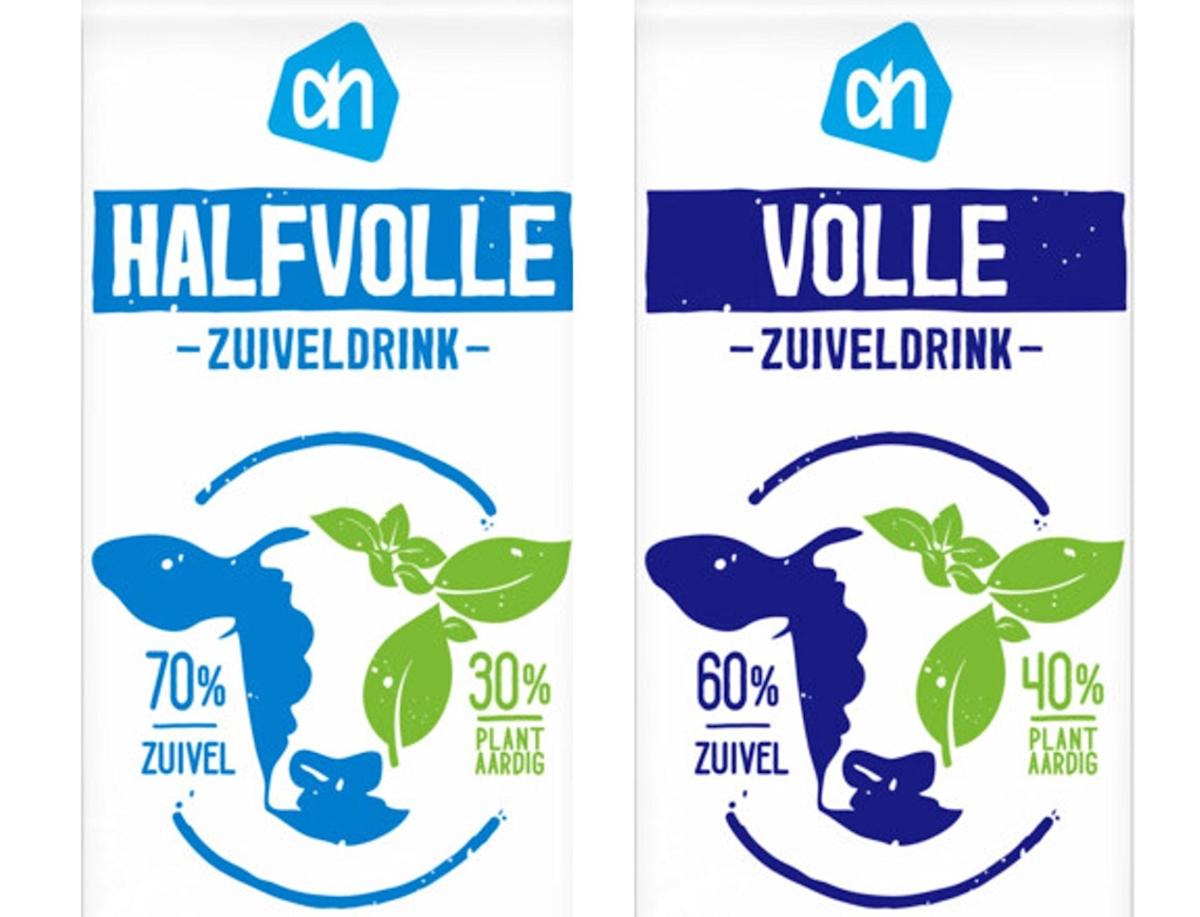Summary
Avocados, garlic, and dark leafy greens are among the plant-based foods that can help lower elevated liver enzyme levels thanks to their high content of fiber, vitamins, and antioxidants that reduce inflammation.
Source: VnExpress International

AI News Q&A (Free Content)
Q1: What are the potential benefits of avocados in reducing elevated liver enzymes?
A1: Avocados are rich in healthy fats, vitamins, and antioxidants, which can help reduce inflammation and promote liver health. The monounsaturated fats in avocados help lower bad cholesterol, which can indirectly benefit liver function. Additionally, the presence of glutathione in avocados aids in detoxifying harmful substances in the liver, thus potentially reducing elevated liver enzymes.
Q2: How does garlic contribute to lowering elevated liver enzyme levels?
A2: Garlic contains sulfur compounds that activate liver enzymes responsible for flushing out toxins from the body. These compounds, along with selenium present in garlic, enhance antioxidant levels that help protect the liver from damage. Regular consumption of garlic may support liver health by reducing oxidative stress and inflammation, thereby potentially lowering elevated liver enzyme levels.
Q3: What role do dark leafy greens play in maintaining liver health?
A3: Dark leafy greens, such as spinach and kale, are high in chlorophyll which helps in neutralizing heavy metals, chemicals, and pesticides, thereby protecting the liver. They are also rich in fiber, which supports digestion and reduces the liver's workload. The antioxidants in these greens help decrease inflammation, potentially aiding in the reduction of elevated liver enzymes.
Q4: What does recent research say about plant-based diets and liver enzyme levels?
A4: Recent research indicates that plant-based diets, rich in fruits, vegetables, and whole grains, are associated with improved liver function and reduced levels of liver enzymes. These diets are high in antioxidants and fiber, which help reduce inflammation and oxidative stress, key factors in maintaining healthy liver enzyme levels.
Q5: Are there any scientific studies that support the use of plant-based foods for improving liver health?
A5: Yes, scientific studies have shown that diets high in plant-based foods can improve various health markers, including liver enzyme levels. A study published in 'Diabetes, Obesity and Metabolism' found that high-protein diets, whether plant or animal-based, improved glucose metabolism and liver enzyme levels in individuals with prediabetes or type 2 diabetes.
Q6: Can you elaborate on the specific antioxidants found in plant-based foods that benefit liver health?
A6: Plant-based foods contain a variety of antioxidants like vitamins C and E, carotenoids, and polyphenols. These antioxidants help neutralize free radicals, reduce oxidative stress, and protect liver cells from damage. Foods like berries, nuts, seeds, and green vegetables are particularly high in these beneficial compounds.
Q7: How can incorporating these plant-based foods into a daily diet impact overall health beyond liver enzyme reduction?
A7: Incorporating plant-based foods into a daily diet can lead to various health benefits beyond liver health, such as improved cardiovascular health, better weight management, reduced risk of chronic diseases, and enhanced digestion. The high fiber content aids in maintaining healthy cholesterol and blood sugar levels, while antioxidants support overall cellular health.
References:
- Low-calorie, high-protein diets, regardless of protein source, improve glucose metabolism and cardiometabolic profiles in subjects with prediabetes or type 2 diabetes and overweight or obesity
- List of antioxidants in food
- Kris Carr
- Garlic breath





